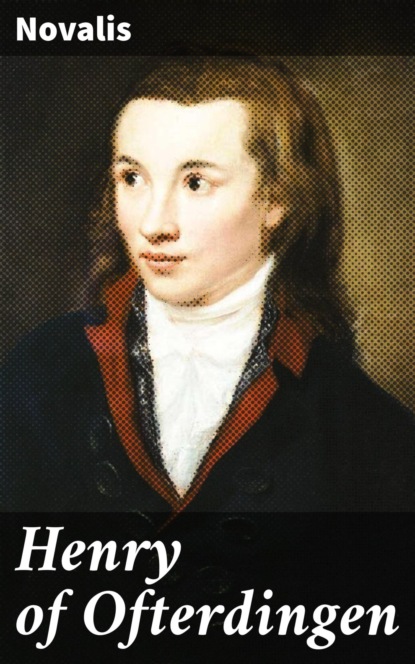Sayfa sayısı 220 sayfa
0+
Kitap hakkında
In «Henry of Ofterdingen,» Novalis masterfully presents a rich tapestry of romantic idealism intertwined with a quest for self-discovery. This narrative follows the young poet Henry as he embarks on a profound journey through both the external world and his inner psyche, searching for the mystical blue flower'Äîa potent symbol of unattainable desires and spiritual fulfillment. The novella's lyrical prose and philosophical depth highlight Novalis's melding of romanticism with metaphysical inquiry, positioning the work within the broader context of early German Romantic literature, which sought to explore the relationship between the individual and the universe. Novalis, born Georg Philipp Friedrich Freiherr von Hardenberg, was a pivotal figure in the early Romantic movement, greatly influenced by his experiences in the Enlightenment era. His profound fascination with nature, philosophy, and spirituality is deftly woven into the fabric of «Henry of Ofterdingen,» reflecting his own existential inquiries following the death of his fianc√©e. This personal tragedy spurred his creative outpourings, allowing him to engage deeply with themes of love, loss, and the longing for transcendence. This remarkable novella is essential reading for those interested in the intricate interplay between poetry and philosophy. It invites readers to contemplate their own aspirations and the deeper meanings of existence, making it an enduring classic that resonates with seekers of beauty and truth.
